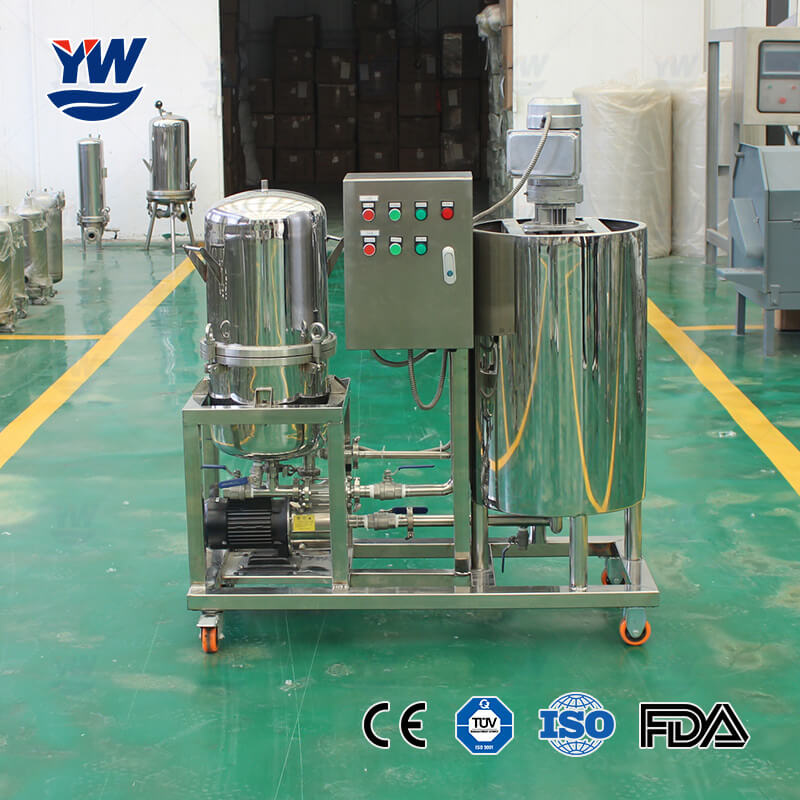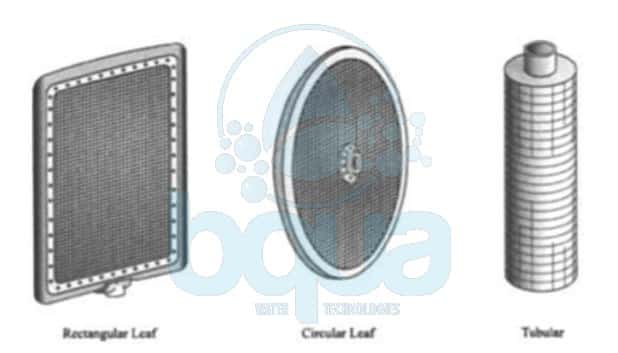Diatomaceous Earth Filtering: Why It’s a Must-Have for Your Water Filtration System
Diatomaceous Earth Filtering: Why It’s a Must-Have for Your Water Filtration System
Blog Article
Diatomaceous Earth Filtering: A Natural Solution for Superior Water Filtration

Diatomaceous Planet (DE) filtering has actually arised as an engaging approach for improving water purification, using the one-of-a-kind buildings of fossilized diatoms. As issues over water high quality magnify, recognizing the benefits and useful applications of DE filtering system comes to be increasingly pertinent.

What Is Diatomaceous Earth?
Diatomaceous earth (DE) is a normally happening, soft, sedimentary rock that is composed primarily of the fossilized remains of little water organisms understood as diatoms. These single-celled algae possess a distinct, silica-based cell wall that adds to the distinct residential or commercial properties of DE. The rock is porous and generally light, allowing it to soak up numerous compounds properly.

Because of its high porosity and absorptive capability, DE serves various applications, including its usage in agriculture, parasite control, and, significantly, water filtration. The effectiveness of diatomaceous planet in filtering is credited to its ability to catch and remove impurities from water, making it a significantly preferred selection among those seeking natural purification options. Its environmentally friendly nature and adaptability better enhance its allure throughout numerous markets.
Just How Diatomaceous Planet Filtering Functions
The unique framework of diatomaceous earth (DE) allows it to function as a reliable filtration medium in water purification systems (diatomaceous earth filtering). Made up of the fossilized remains of small, water organisms referred to as diatoms, DE has a very absorptive and permeable nature. This intricate structure enables DE to catch impurities and pollutants as water streams with it, effectively getting rid of fragments as tiny as 1 micron
When water is passed through a DE filter, the fluid runs into a network of tiny pores that capture suspended solids, microorganisms, and various other undesirable materials. The filtering procedure takes place due to both electrostatic and mechanical interactions, where bigger bits are literally caught within the DE's matrix, while smaller sized bits may comply with the surface because of charged communications.
In addition, DE can be used together with other filtration methods to enhance general efficiency. As water remains to stream through the DE layer, it slowly ends up being more clear and cleaner, showcasing the medium's capability to enhance water high quality without the requirement for rough chemicals. This natural filtering process highlights diatomaceous earth's duty as a lasting and reliable solution for water filtration.
Benefits of Diatomaceous Planet Filtering
Effectiveness in water filtration is substantially boosted with making use of diatomaceous earth (DE) filtering system, using numerous advantages that make it a favored choice for numerous applications. Among the main benefits of DE filtering system is its capacity to eliminate a large range of contaminants, consisting of microscopic microorganisms, sediments, and even particular chemicals. This capacity makes certain that the water detoxified via this method is not only clean but also safe for usage.
In addition, DE filters have a high circulation rate, which permits for quicker filtering contrasted to standard techniques. This characteristic is specifically advantageous for large-scale procedures such as local water therapy plants or pool. The usage of DE additionally reduces the requirement for harsh chemical additives, promoting a much more ecologically Learn More pleasant technique to water purification.
Additionally, DE filtering systems are reasonably very easy to keep, calling for much less constant substitute than various other filtering media. The all-natural beginning of diatomaceous earth adds to its sustainability, making it an eco-conscious option. On the whole, the mix of performance, efficiency, and environmental benefits placements diatomaceous earth filtering system as a leading remedy in the realm of water filtration.
Comparison With Traditional Water Filters
When assessing water purification techniques, diatomaceous earth filtering stands apart in contrast to standard water filters. Conventional water filters, such as triggered carbon or ceramic filters, mostly concentrate on removing impurities through adsorption or physical barriers. While these approaches work for specific contaminations, they might not record smaller fragments, germs, or viruses as efficiently as diatomaceous earth (DE) filters.
Diatomaceous earth filtering system uses the special structure of diatomite, composed of microscopic, permeable fossilized algae. This enables DE filters to catch bits as small as 1 micron, supplying exceptional filtration capabilities. Furthermore, DE filters can take care of my latest blog post bigger quantities of water without substantial stress loss, making them ideal for both residential and commercial applications.
In addition, diatomaceous earth is a sustainable and all-natural product, positioning fewer ecological problems contrasted to some artificial filter media. In contrast, standard filters commonly require normal substitute and disposal, resulting in raised waste.
Applications and Utilize Situations
Diatomaceous earth (DE) filtering has a varied variety of applications throughout numerous markets due to its effective purification capacities. Among one of the most prominent uses DE is in the food and drink sector, where it works as a filtration medium for beer, a glass of wine, and juice manufacturing. Its permeable structure properly gets rid of pollutants, guaranteeing a tasty and clear end product.
In the realm of swimming pool upkeep, DE filters are preferred for their capability to trap fine bits, offering remarkable water clarity contrasted to standard sand filters. Furthermore, DE is made use of in community water address treatment centers, where it assists in the elimination of put on hold solids, microorganisms, and other pollutants, contributing to safe alcohol consumption water.

Beyond water filtration, diatomaceous earth finds applications in the agricultural sector as an all-natural chemical and soil amendment, advertising much healthier crops while decreasing chemical use. Moreover, its absorbing residential properties make it useful in various commercial processes, including oil spill clean-ups and as a filler in building materials. Generally, the versatility of diatomaceous planet filtering positions it as a useful option for enhancing water high quality throughout numerous domains.
Verdict
Diatomaceous earth filtering represents a reliable and sustainable method for water purification. As recognition of water high quality problems grows, the fostering of diatomaceous earth filters in different applications is likely to enhance, contributing to improved public health and wellness and environmental preservation.
Diatomaceous Earth (DE) filtering system has arised as a compelling approach for enhancing water purification, using the unique homes of fossilized diatoms. As water continues to move through the DE layer, it slowly ends up being clearer and cleaner, showcasing the medium's capability to boost water top quality without the demand for rough chemicals.Effectiveness in water purification is considerably improved through the use of diatomaceous planet (DE) filtering, using many advantages that make it a favored choice for several applications.When reviewing water purification techniques, diatomaceous earth filtering stands out in comparison to conventional water filters. Conventional water filters, such as triggered carbon or ceramic filters, mostly concentrate on getting rid of pollutants via adsorption or physical barriers.
Report this page